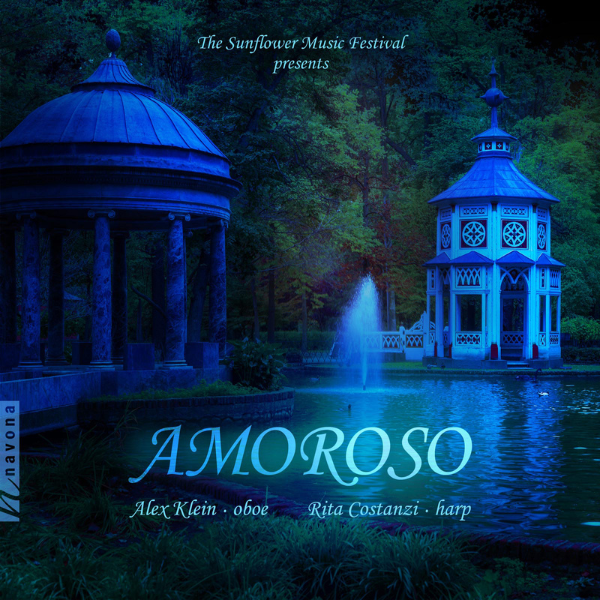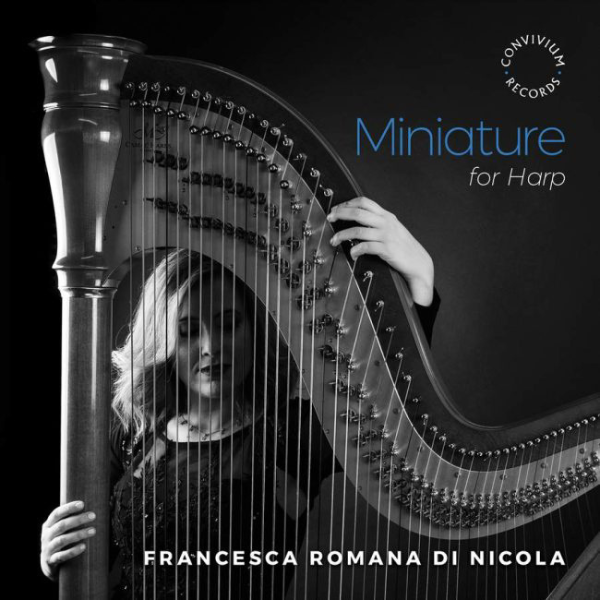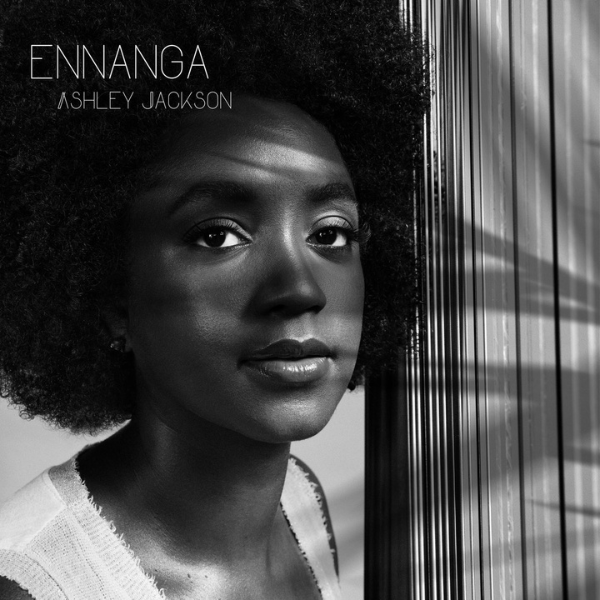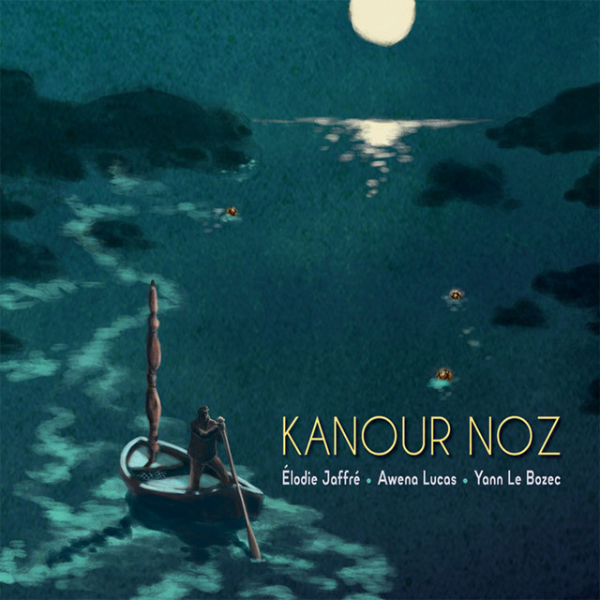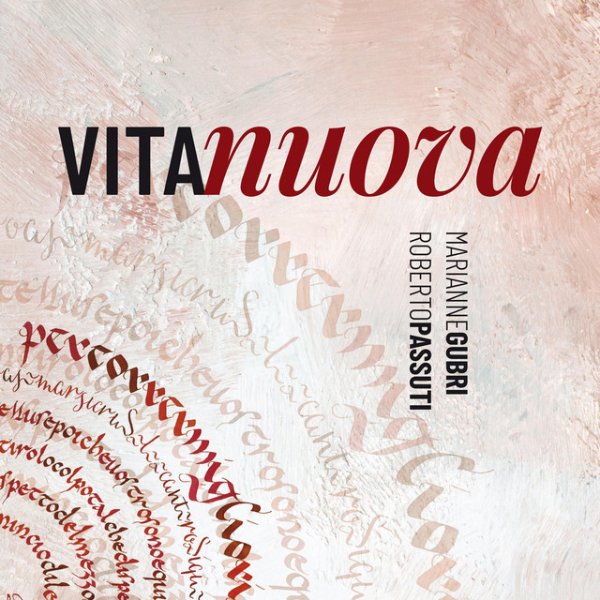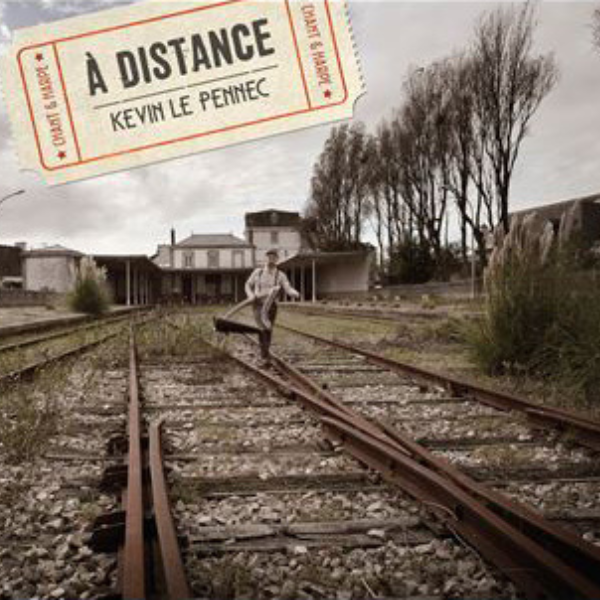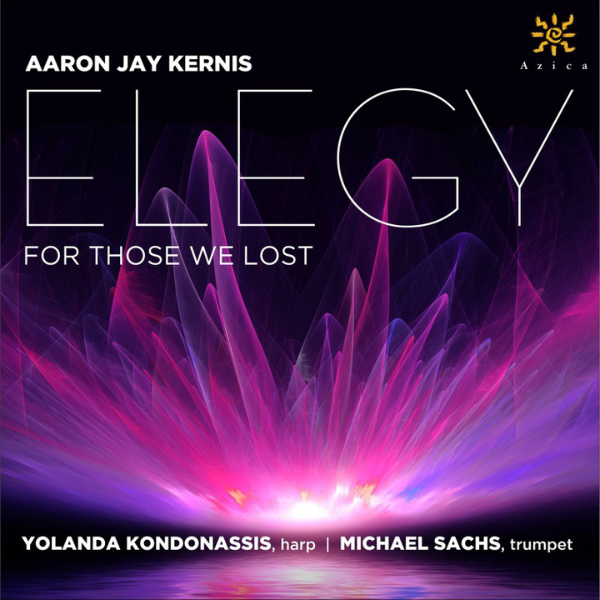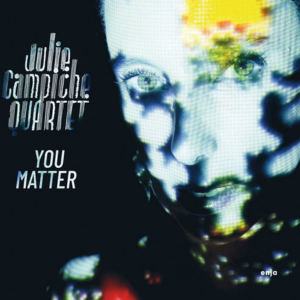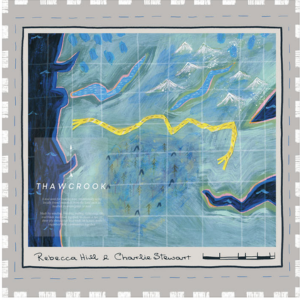
10/10
Caroline Lizotte, harp.
RougébLeuë Productions, 2022
How interesting to hear the same work, La Madone played by its composer Caroline Lizotte, who fearlessly expresses the myriad emotions of a mother—admiration, weariness, distress—and accentuates these feelings with “esoteric sounds” from the harp mechanism to make her point.
This is the overall impression of an artist like Lizotte from her latest magnum opus, Lizotte Plays Lizotte (Lizottee joue Lizotte, in French). Exploring an extensive repertoire from 1990 to today, Lizotte is a storyteller at heart exploring the wide array of sounds available, making the harp less a solo instrument and more an orchestra. This is obvious in the first track, Raga (a piece for two harps written incidentally for Judy Loman and Jennifer Swartz). Based on the Indian improvisatory style, there’s added percussion, pitch bending and unusual scales that engross the listener in an hypnotic and exotic tale.
The album includes two recording premieres—Odyssée and Stellar Sonata. The former is a work written for a college recital for which it was compulsory to include a piece by a Canadian. “Why not simply write your own?” she must have thought, presenting a short meditation on her journey as a student, especially learning the techniques of Salzedo and Tournier. Skill-heavy and requiring a high amount of facility, the work bounces along before retiring to lushness and contemplation.
Stellar Sonata tells the Greek myth of Ariadne and the Minotour through the use of the electroacoustic harp. As the Minotour is locked in a labyrinth, resonating bass notes exemplify the monster’s terrifying power and murderous appetite, and yet it’s his victimhood that Lizotte focuses on, as well as the kindness of his half-sister Ariadne, the only one able to console him. Deliciously delicate semiquavers become the silken ladder she uses to escape the maze. Sadly, she is unable to protect him and in the second movement, Ricercare, electronic distortion is introduced to exemplify her distress in her complicity in his murder. That is, until Bacchus rescues her to offer a glorious life followed by immortality as the constellation Corona Borealis.
Most thrilling for harpists looking for dazzling contemporary music to challenge them, the Suite Galactique written in 2000 will not disappoint. Beginning with Exosphere, Lizotte takes us inside this thin layer of the atmosphere where particles float between gravitational pull and the weightlessness of outer space. Lizotte’s radiant tone grounds the music as she slowly introduces extended techniques, like playing between the bridge and tuning pins, holding a piece of paper on vibrating strings as well as singing. In the Hymn to the Good Fight, the music makes the statement that life’s struggle is best taken on with love, respect and perseverance. Ending with a whimsical dance, Scherzo for the People, notes bend and sweep, conjuring a fair filled with bargaining vendors, farm animals and raucous play. Like the artist, the music is at once searching and grounded, intimate and universal, serious and flirtatious. We are the lucky ones to at last be gifted with this glimpse into Lizotte’s creative process in this stellar recording.





